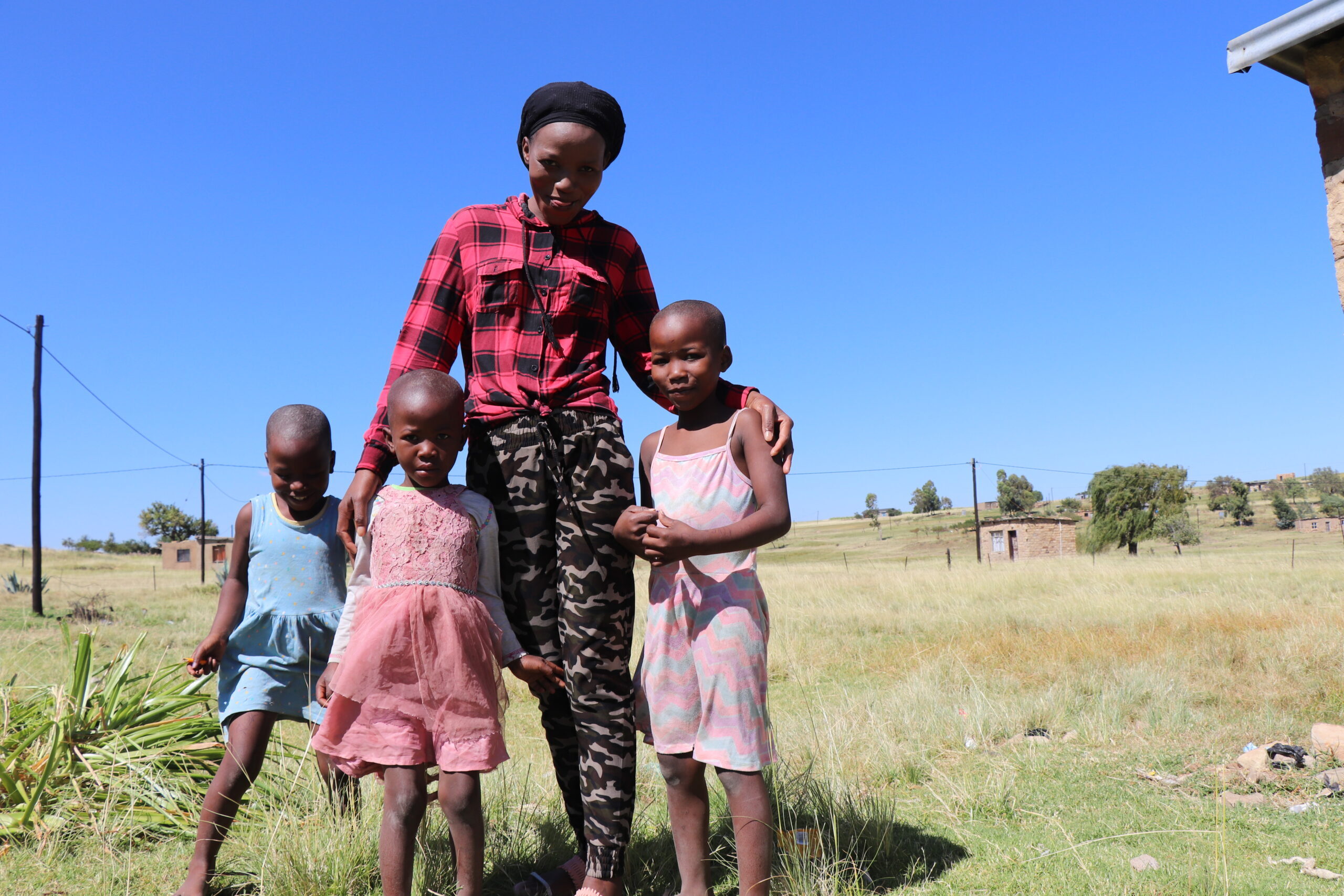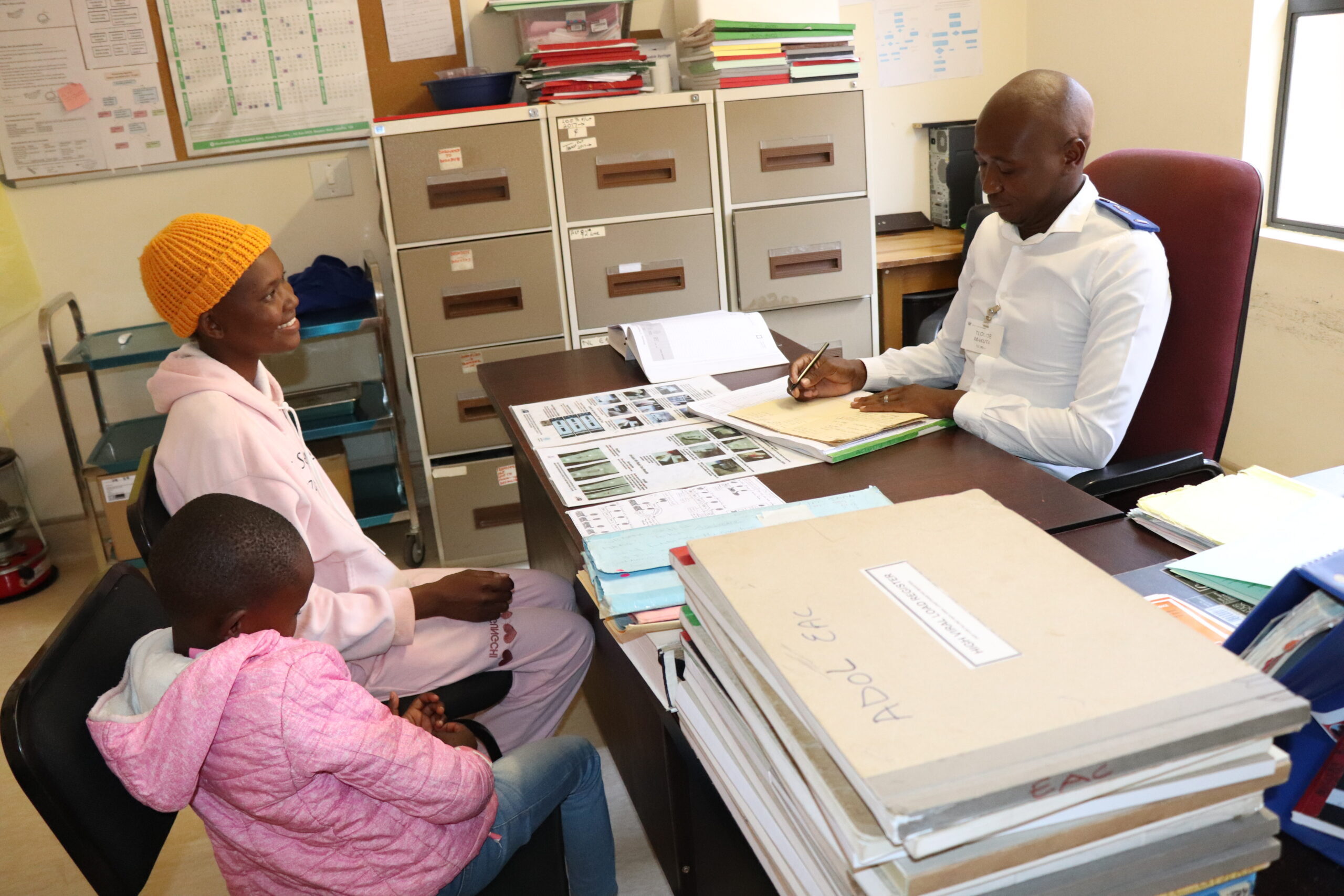 “When I see children not being provided with adequate health services, it’s a clear violation of their rights, and I must fight for them,” says Tatenda Makoni, the executive director of the Zimbabwe National Network of People Living with HIV (ZNNP+).
“When I see children not being provided with adequate health services, it’s a clear violation of their rights, and I must fight for them,” says Tatenda Makoni, the executive director of the Zimbabwe National Network of People Living with HIV (ZNNP+).
Founded in 1992, ZNNP+ was the first network of people living with HIV in Sub-Saharan Africa. The organization’s mission is to empower people living with HIV and address their health issues. Considering that tuberculosis (TB) is the main cause of death for people living with HIV in Zimbabwe, TB testing and treatment are a leading point of community action.
“I have witnessed a number of family members fight TB—and even some who have succumbed to it, so it’s personal to me” says Makoni, who is also a human rights lawyer. “My story is not different from those of my colleagues,” he continues. “It’s an issue that is truly pervasive.”
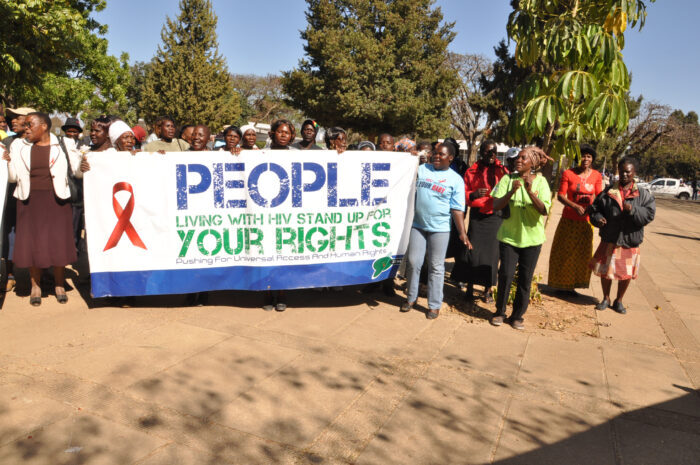
Although TB is preventable and curable, it has a frightening mortality rate, which increases four-fold among those living with HIV. One of the main reasons TB remains so deadly is because of under-reporting or under-diagnosis, especially among children. Globally, 65% of TB cases for children under age 5 are missed, with 40% of TB cases missed for children ages 5-14.
Now ZNNP+ is working with the Elizabeth Glaser Pediatric AIDS Foundation (EGPAF) to close that gap. Through its Unitaid-funded project Catalyzing Pediatric Tuberculosis Innovations (CaP TB), EGPAF is providing a small grant to ZNNP+ to scale up its advocacy work for increased access to childhood TB services.
“When I see children not being provided with adequate health services, it’s a clear violation of their rights, and I must fight for them.” Tatenda Makoni
“With this grant, we are piloting a program that will provide training for our community agents on childhood TB—which will raise community awareness,” says Makoni. We have a number of meetings with traditional leaders, the gatekeepers, to address some of these social norms that perpetuate stigma and discrimination, and we are improving documentation so we can learn from the pilot and scale up the program,”
“The support we are receiving from EGPAF is also helping to promote contact tracing, whereby we can make sure that family members of those who have tested positive for TB also get tested and treated, if needed. Beyond that, we are helping children who have been diagnosed with TB adhere to treatment. Here in Zimbabwe, the completion rate for TB preventative therapy stands at 69%, so we need to push families to adhere to treatment until the end of the course.”
“We involve civil society organizations like ZNNP+ in all points of the program, from start to finish, to ensure that the program is in line with community needs and national strategy,” says Tichaona Nyamundaya, M.D., EGPAF-Zimbabwe’s country manager. “We are looking at meaningful engagement, meaning the participation of people living with HIV in the design and implementation of HIV and TB programs.”
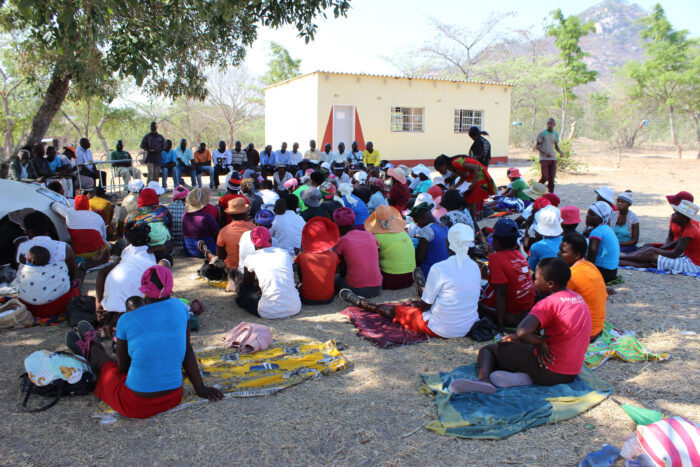
Makoni points out that while organizations like ZNNP+ have limited financial resources, they have the advantage of being in the community, year after year.
“TB and HIV are community diseases—spread among communities, not at the health facility, so equipping community-based organizations with the right skills is essential,” says Makoni. “Clients may visit a health facility, but then they go back to the community. That is where they live, face stigma, and navigate social norms. It is the community that takes the responsibility of treating that client, that ensures that she or he adheres to treatment.
“Different barriers affect communities differently,” continues Makoni. “For some, high out-of-pocket expenses prevent access to health care. Others face transportation and mobility issues. Stock-outs of medicine can also be a problem. And stigma and discrimination can stop people from seeking treatment. Our role is to advocate in the community and nationally for solutions to these barriers.
It is the community that takes the responsibility of treating that client, that ensures that she or he adheres to treatment. Tatenda Makoni
“ZNNP+ pushes for pediatric formulations, for the eradication of user fees, and for messaging that is appropriate for different target groups, making HIV and TB services accessible to everyone,” says Makoni, “including children.”
Nyamundaya lauds the work of ZNNP+, saying that any public health initiative requires community buy-in, which makes the organization essential.
“The mission of ZNNP+ is to improve the quality of life for people living with HIV in all their diversity, and this is aligned with our mission of ensuring that no mother, child, or family is devastated by HIV,” says Nyamundaya. “We believe that working with community is key for sustainable programs. ZNNP+ operates through community structures and systems, so we have awarded it a small grant through CaP TB to expand its efforts.”
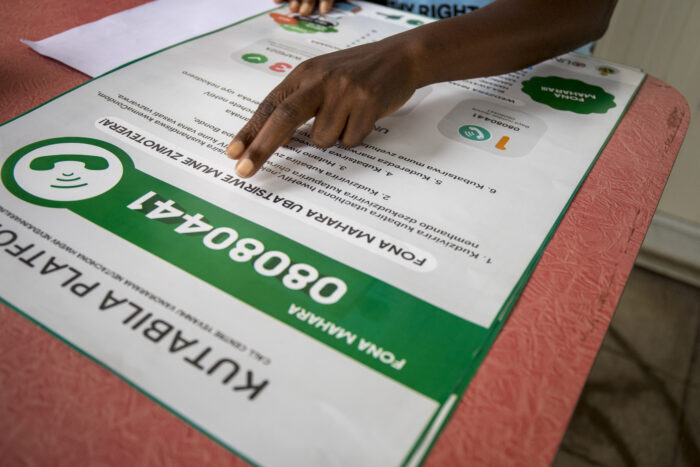
“You may consider it a small grant, but to us its huge. For any single human life that we manage to save, moreso of a child—to us that support is immense,” says Makoni. “It will have a big impact.”
“No child in Zimbabwe should die from TB,” says Makoni. “It is a matter of human rights.”
Unitaid is a global health agency engaged in finding innovative solutions to prevent, diagnose and treat diseases more quickly, cheaply and effectively, in low- and middle-income countries. Our work includes funding initiatives to address major diseases such as HIV/AIDS, malaria and tuberculosis, as well as HIV co-infections and co-morbidities such as cervical cancer and hepatitis C, and cross-cutting areas, such as fever management.



